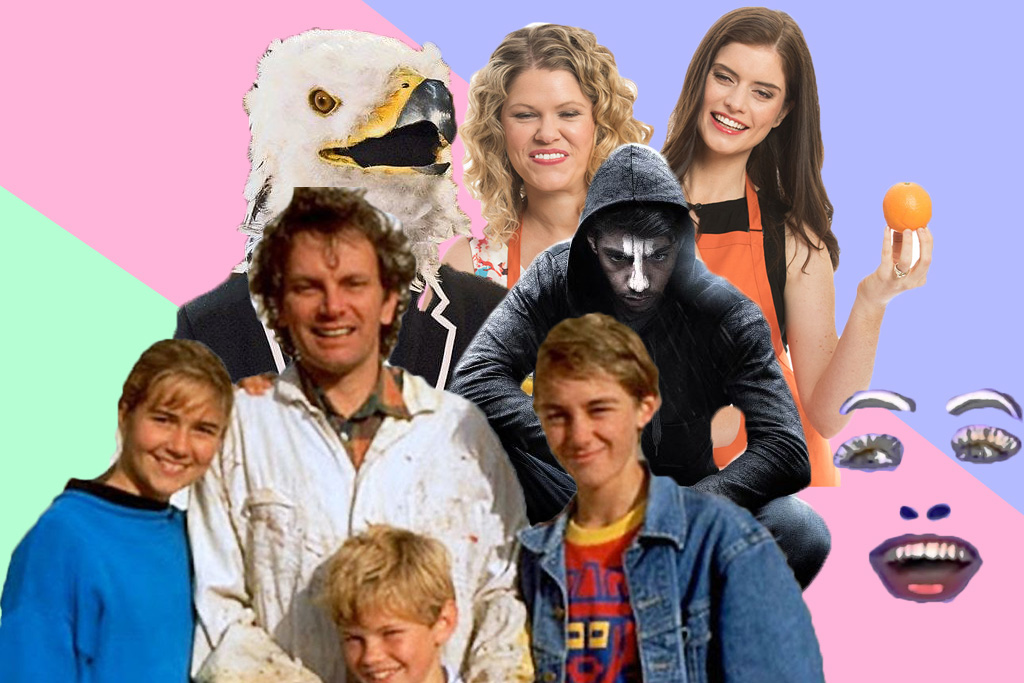6 Gems Of Indigenous TV And Film That You May Have Missed
From 'Gods of Wheat Street' to 'Cleverman'.
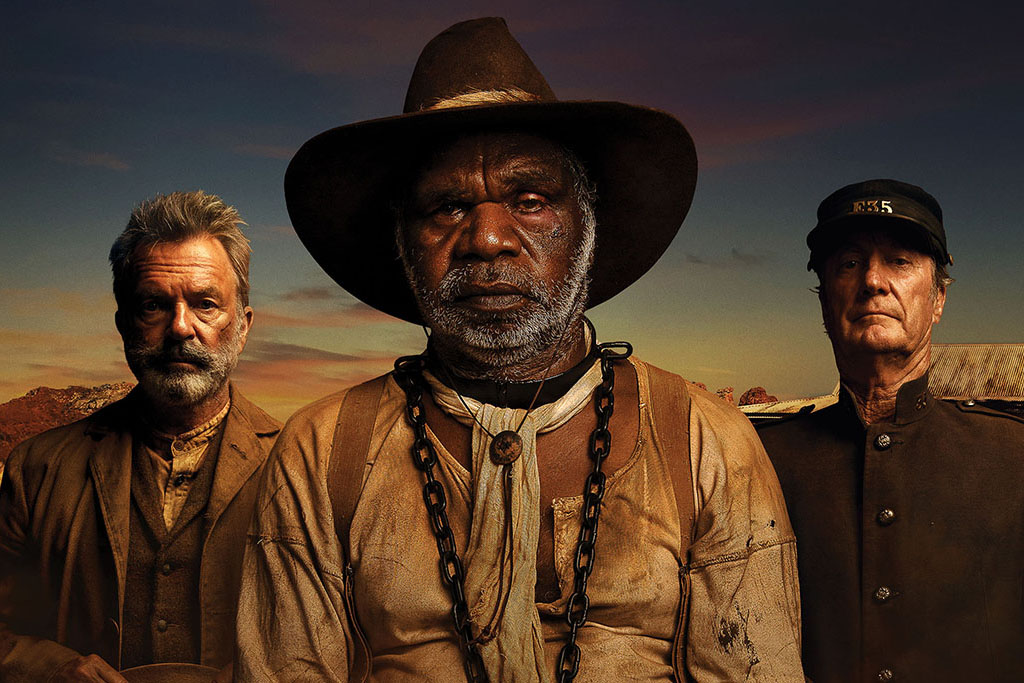
Indigenous film and TV is having a golden era at the moment, with productions like Cleverman, Jasper Jones, Mystery Road and its sequel Goldstone hitting our screens.
In the past few years there have been some amazing examples of Indigenous films and shows being produced by Indigenous people, which have had a huge domestic and international impact.
2018 marks 25 years since the Indigenous Department at Screen Australia was established, resulting in some of the nation’s most beloved films, television shows and documentaries. To date, the Indigenous Department has had a hand in creating more than 160 Aussie productions.
With this in mind, it’s worth looking back at some of the brilliant Indigenous productions from the last few decades.
Here are six Indigenous films and shows that deserve your attention.
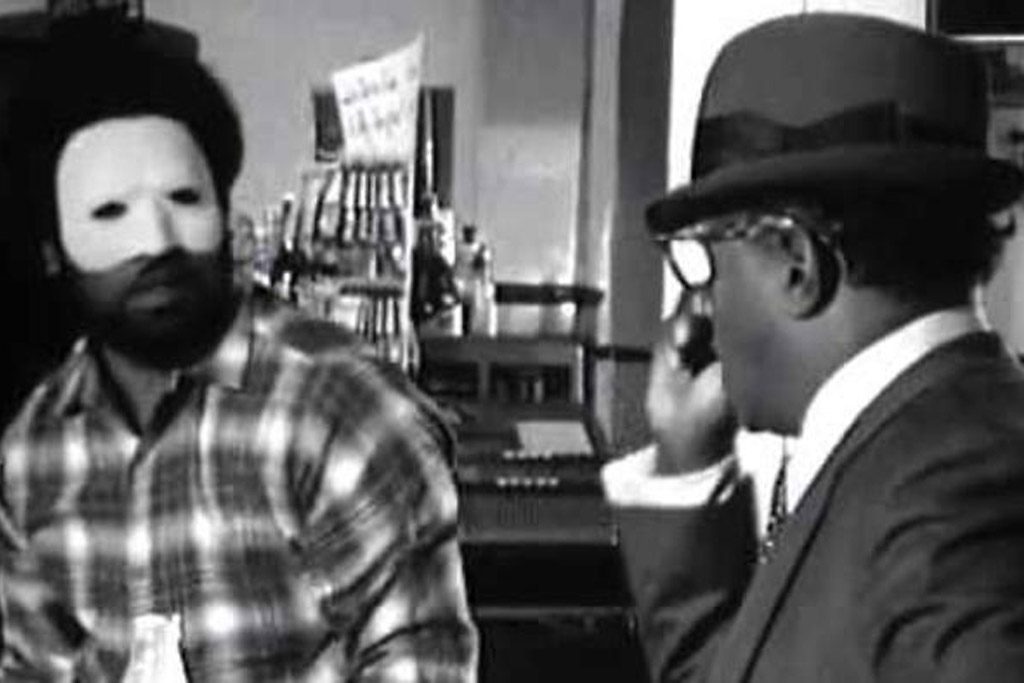
Basically Black (1973)
The first TV show created by Indigenous Australians is a sketch comedy show called Basically Black, which aired in 1973 on the ABC.
The comedy can be a bit distasteful at times, with homophobic slurs and a sketch concerning two Aboriginal men finding a Japanese WW2 pilot on the beach trying to commit seppuku. The sketch doesn’t really go anywhere or have a punch line.
But the rest of the sketches are definitely superior, especially the ones involving “Super Bong”, an Aboriginal Superman, with his own mild mannered alter-ego who goes to change into his spandex suit in a pub only to be refused entry because they don’t serve black people.
Or in one sketch, as the British are coming ashore, one Aboriginal man says, “You know what? In the long run, I reckon we would be better off with a more restrictive immigration policy.”
Lines like that course throughout the sketches, highlighting how much really hasn’t changed in the political and racial landscape of Australia. It’s actually quite prescient.
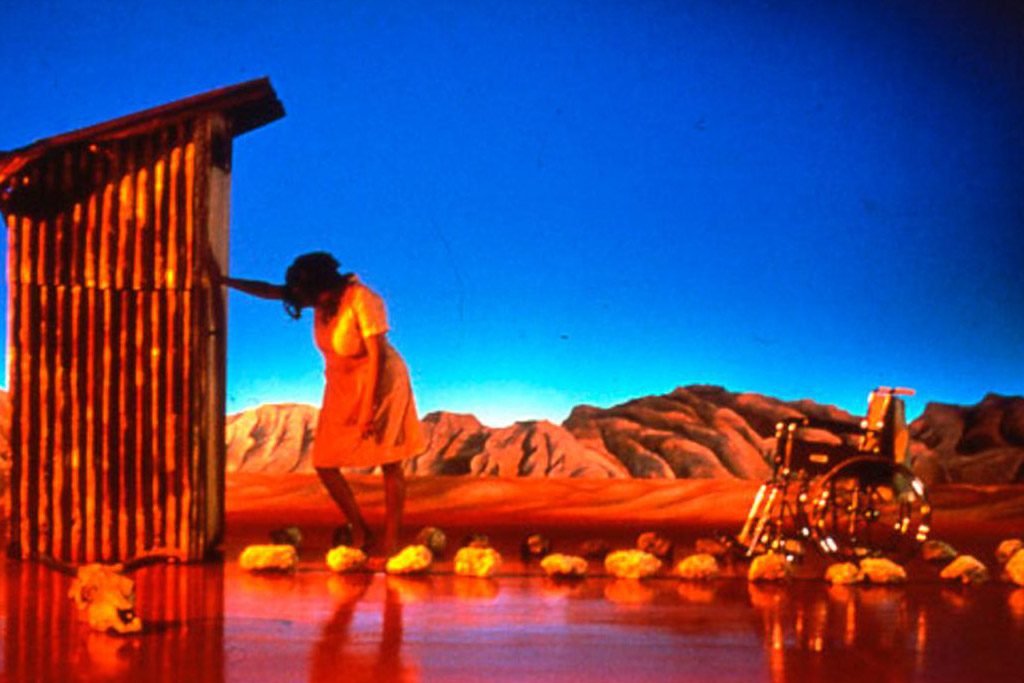
Night Cries: A Rural Tragedy (1989)
Night Cries: A Rural Tragedy by Tracey Moffatt is, as the title suggests, a serious affair.
This short experimental film is deeply moving. It’s shot on a sterile flat floor of a soundstage made to resemble a flat desert with a postcard-esque matte mountain range background. This stark landscape combines with the haunting use of sound, justifying the title of the film.
The short follows an Aboriginal woman caring for an elderly white woman who appears to be her adopted mother. Without dialogue, the film conveys the daughter’s anger and frustration at being responsible for looking after her mother and the loss and pain she feels when she finally dies.
The film doesn’t delve directly into the who, what, where and when of Australia’s colonial past but instead shows the raw emotion of these events.
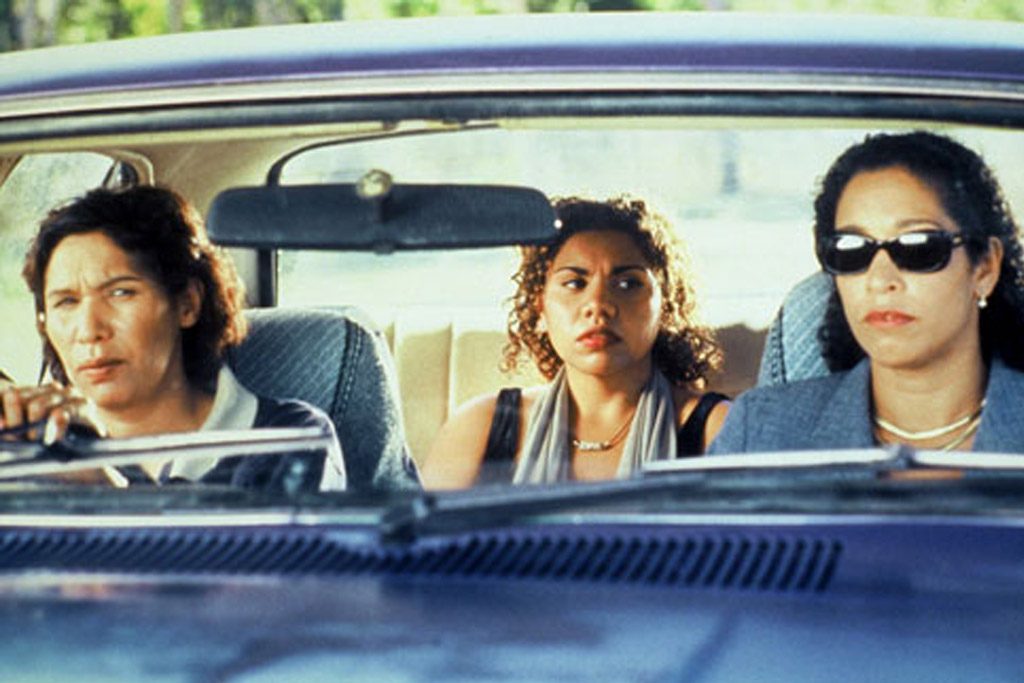
Radiance (1998)
Radiance is a film of firsts; Rachel Perkins’ first feature film, the first film role of Deborah Mailman and Warwick Thornton’s first feature film as cinematographer.
Radiance is an adaptation of the play of the same name by Louis Nowra. The film revolves around the reunion of three estranged sisters as they meet for their mother’s funeral.
The three sisters have different fathers and different experiences of their childhood, with two of them growing up in institutions. The separation they feel from one another and the sadness in their lives bubbles to the surface as they confront each other.
This film is sustained by the performances of Mailman, Rachel Maza and Trisha Morton-Thomas. Each sister is distinct and the actresses play these differences brilliantly. The strength of these performances is complimented by the direction and cinematography of Perkins and Thornton respectively.
If you feel like an emotionally gripping story of family, Radiance is worth your time.
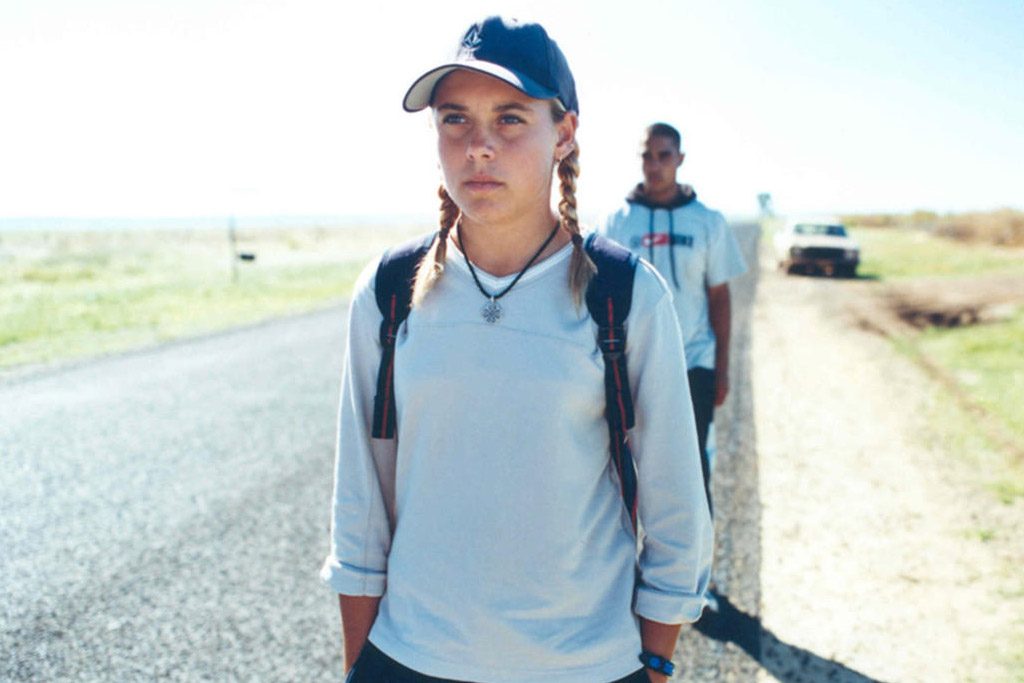
Beneath the Clouds (2001)
Beneath the Clouds is the first feature film by the auteur director Ivan Sen, who you may recognise from his more recent films Mystery Road and Goldstone.
This film follows two Aboriginal youths as they go on a road trip to Sydney. Don’t expect amusing hijinks though, as Lena, performed by Danielle Hall, is a young mixed-race woman dealing with internalised racism, who is searching for her white father. Meanwhile, Vaughn, performed by Damian Pitt, is an escapee from a low security prison on a journey to visit his dying mother.
Internalised racism and the interactions between the Indigenous community and the police force is front and centre in this film, with the film focusing on the perspective of the two Aboriginal leads.
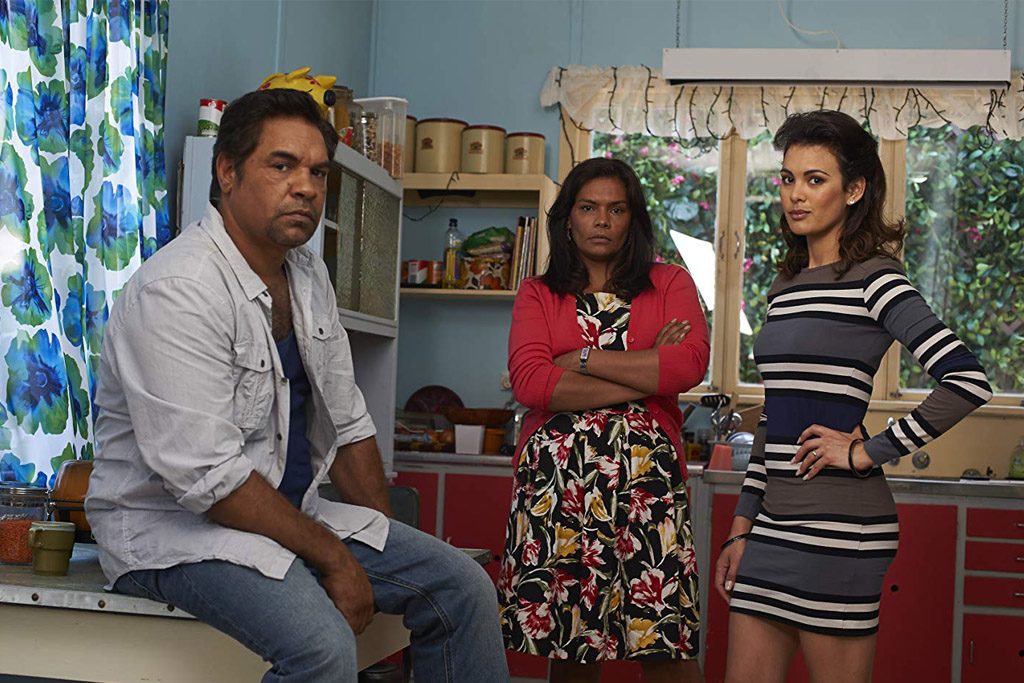
The Gods of Wheat Street (2014)
The Gods of Wheat Street revolves around Aboriginal man Odin Freeburn as he tries to keep his family together, even as they try to break off into different directions.
While the six-part series sounds like a typical family drama, there is an element of the supernatural, as the spirit of his mother is trying to protect the family. Typical nana stuff, you know.
Each episode of the series explores the various trials and tribulations the family experience and try to overcome, dealing with issues such as death, love, the criminal system and loss of employment.
The series provides an interesting perspective into a modern Indigenous family.
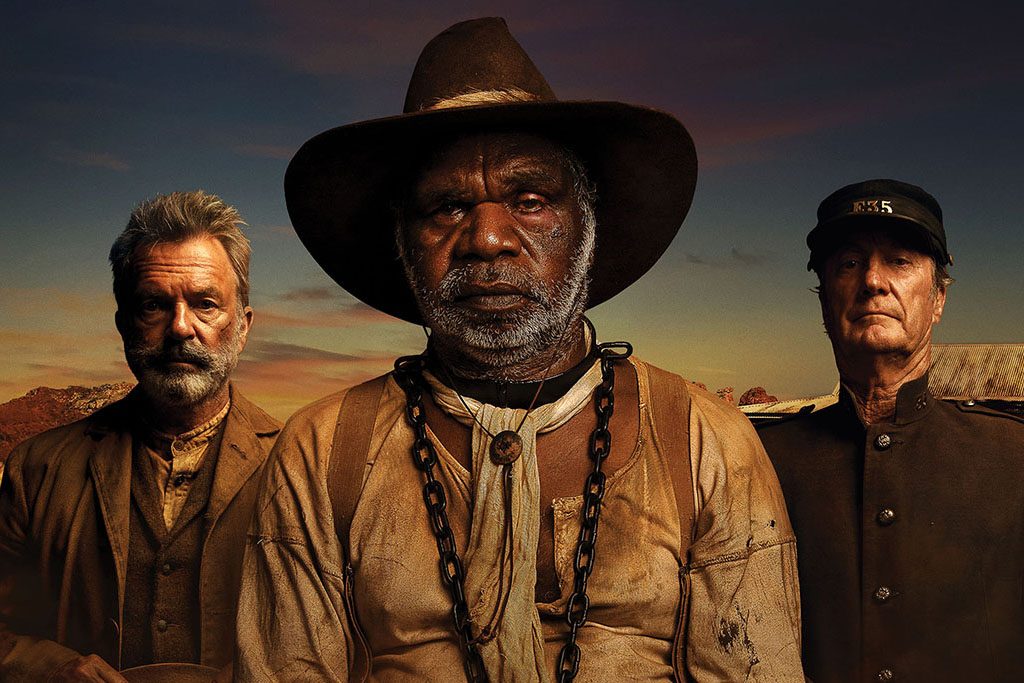
Sweet Country (2017)
Warwick Thornton’s latest film is an example of an Australian Western. It follows Sam Kelly, an Aboriginal farm worker who, after murdering a white man in self-defence, flees into the wilderness with his wife.
What follows is a pursuit through the brutal and beautiful outback by the local authorities.
The leads are played by Hamilton Morris and Bryan Brown, who brilliantly portray the strength and determination of their characters who must survive the harsh landscape.
As the context of Sam’s crime comes to the surface, issues concerning justice and racism come to the forefront. The film is a unique western crossed with The Fugitive, with a strong social and political statement.
—
Nathan Sheldon-Anderson is a Biripi man from Dubbo, living in Western Sydney. He studied Film and Archaeology at USYD and is in the process of completing Honours. He finally found a use for the other half of his degree. You can find his sparse retweeting of others and sparser tweeting at @Starsmore117ex.
